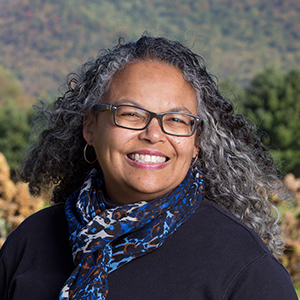Finding the courage to find myself
I’ve only recently developed a five-year career plan. It took nearly half a century of my life and two decades in academia, but I finally found my professional calling.
Like a lot of people, my first career goal was medicine, largely because I was interested in the life sciences and did not know what else a biologist could do. Two realizations changed my path. They both came during high school when I had the chance to be a candy striper at a local hospital. I learned two very important things. One was that it takes a very special kind of person to deliver health care to a patient in a compassionate manner. The other was that I am not that kind of person.
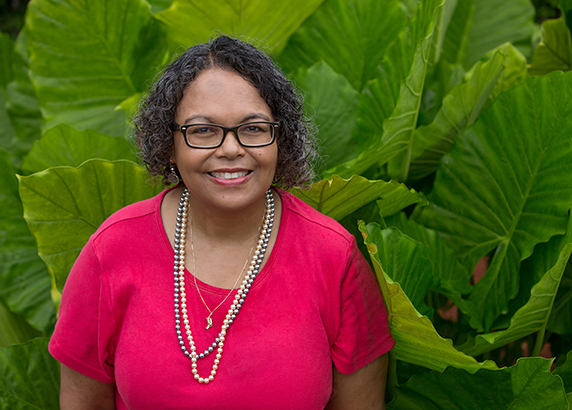
I was very fortunate to be recruited into a biochemistry research laboratory during my first undergraduate semester at Cook College (now the Rutgers School of Environmental and Biological Sciences). Through that experience, I got hooked on research, and I never looked back. There was never a question about whether I would go to graduate school, only which institution I would attend.
I only realized that education and research training would play important roles in my career when I was given responsibility for training an undergraduate student one summer during my Ph.D. training at Johns Hopkins University. Although the experience was not 100 percent successful (the student forgot to dilute the TAE buffer and boiled an agarose gel), I realized how much satisfaction I derived from seeing the light turn on in a student’s eyes.
I spent the next two decades turning that light on through formal platform lectures; small group discussions and journal clubs; and, most importantly, one-on-one interactions in my research laboratory at the Virginia Commonwealth University. I supervised students on projects related to my major area of interest, phospholipases and phospholipid metabolism. Over the years, my science came to define me: When asked who I was, I typically answered with “research scientist” or “lipid biochemist.” I was also a member of nearly 100 graduate-student advisory committees and, eventually, a director of a graduate program in biochemistry.
Through those experiences, I learned that I had a knack for graduate education and a gift for connecting with students. I got a lot of satisfaction from watching more lights turn on in the eyes of my colleagues’ students.
I also began to realize that my individual research program was dying. I would never cure a metabolic disease and likely would not uncover a fundamental scientific principle that would lead someone else to a cure. These were sobering thoughts for someone who had defined herself as a research scientist for more than half of her adult life.
And then came another eye-opener of my career: I realized that I might not be the one who cured the disease or uncovered the principle but could be involved in training the person who did. After 20 years in academia, I finally realized that I wanted to be dean of a graduate school.
I had directed a graduate program, served on training-grant study sections at the National Institutes of Health and done strategic planning through my role as the director of research training in the VCU Center on Health Disparities. But I realized that I lacked the leadership and budgeting skills necessary to aspire to a deanship. This was the genesis of my five-year plan.
Becoming a program director at the National Science Foundation offered the opportunity to broaden my knowledge of the biological sciences and, at the same time, develop the leadership, budgeting and other administrative skills that I needed to aspire to be dean of a graduate school. Although I knew this, I hesitated when I was offered the position at the NSF. It meant leaving my comfort zone, admitting that my research program was finished and redefining myself as something other than a research scientist. It meant checking my ego and finding the courage to look at myself in a different way. My 18-month stint at the NSF not only allowed me to develop the skills I needed but also to learn tough lessons about myself: I don’t handle change well and have a somewhat unproductive need to be in control.
My collective experiences will serve me well in my new position as the dean of the graduate school at the University of Georgia. Although I still miss working in the laboratory, I can keep up with my science through collaborations (we published a paper in the Journal of Biological Chemistry and submitted a grant proposal last spring), by attending seminars (I have a faculty appointment in the biochemistry and molecular biology department at UGA), and by serving on graduate advisory committees (my first UGA oral exam was in October).
At my core, I am still a lipid biochemist, a scientist and a researcher. But now I have added responsibilities that will permit me to watch the light come on in the eyes of students in music, history, forestry and other disciplines that are completely unrelated to mine.
Not bad for someone who took nearly five decades to develop a five-year plan.
Enjoy reading ASBMB Today?
Become a member to receive the print edition four times a year and the digital edition monthly.
Learn moreFeatured jobs
from the ASBMB career center
Get the latest from ASBMB Today
Enter your email address, and we’ll send you a weekly email with recent articles, interviews and more.
Latest in Careers
Careers highlights or most popular articles
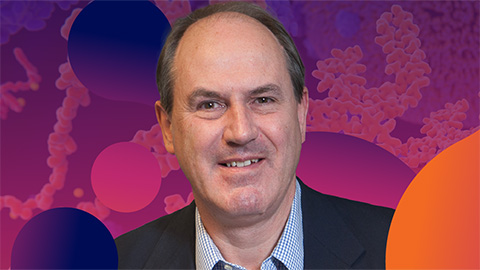
Defining JNKs: Targets for drug discovery
Roger Davis will receive the Bert and Natalie Vallee Award in Biomedical Science at the ASBMB Annual Meeting, March 7–10, just outside of Washington, D.C.
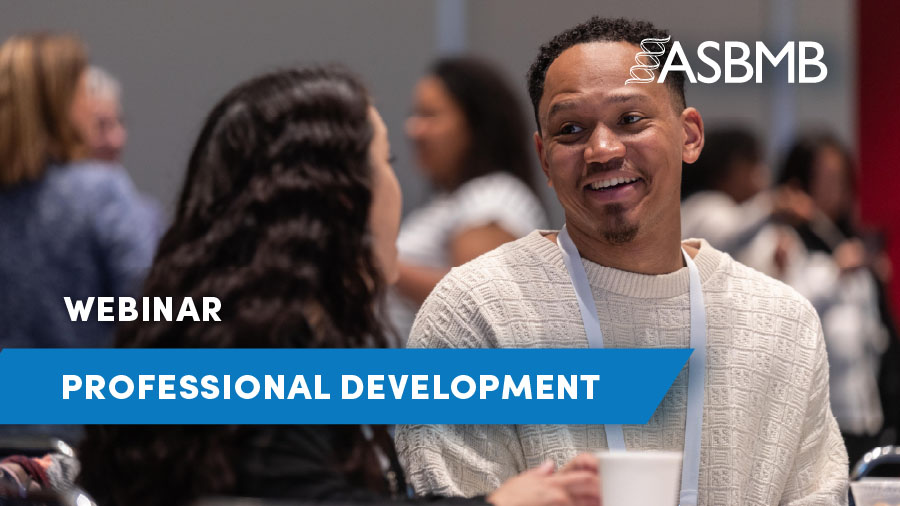
Upcoming opportunities
No matter where you are in your career and what future path you aspire to, everyone needs leadership skills. Join ASBMB for practical strategies for building and practicing leadership skills.
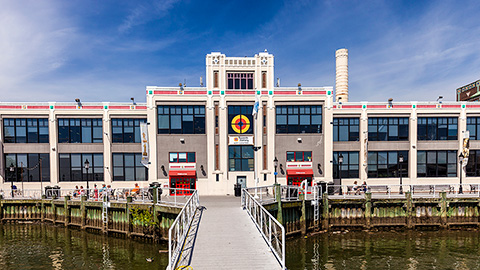
Close out ASBMB 2026 with a bang
The closing reception of the 2026 ASBMB Annual Meeting will be held at the Torpedo Factory Art Center in Alexandra, Virginia.

Redefining lipid biology from droplets to ferroptosis
James Olzmann will receive the ASBMB Avanti Award in Lipids at the ASBMB Annual Meeting, March 7–10, just outside of Washington, D.C.

Creating change in biochemistry education
Pamela Mertz will receive the ASBMB William C. Rose Award for Exemplary Contributions to Education at the ASBMB Annual Meeting, March 7-10 in Washington, D.C.

Trainee mentorship as immortality
Suzanne Barbour will receive the ASBMB Sustained Leadership Award at the ASBMB Annual Meeting, March 7-10 in Washington, D.C.

